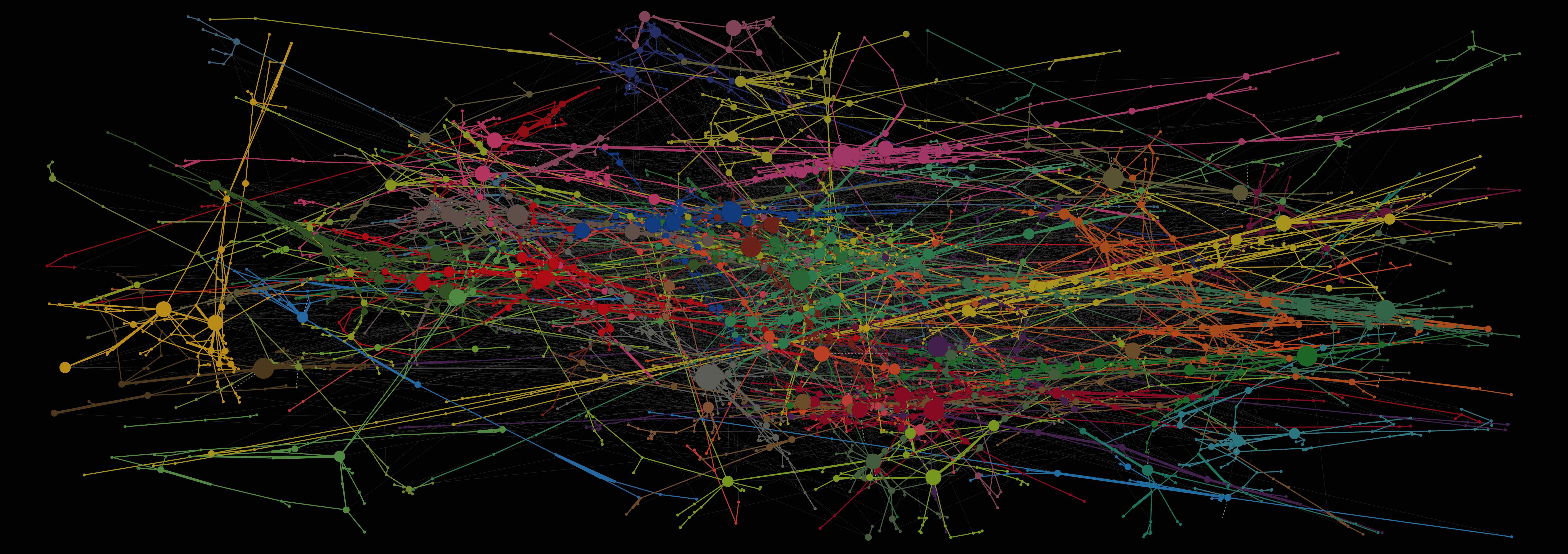
Abstract
Memory search has long been pictured as taking place on a high-dimensional landscape. However, if people are able to cut corners in this landscape by dynamically shifting attention between the space’s dimensions to connect distant locations, then this may give rise to wormholes in memory much like those of Einstein-Rosen in external space. Alternatively, if search is constrained to one static landscape, then moving between distant locations necessarily means traveling through the intermediate space. To distinguish between these two scenarios, we had people name all the countries they could think of (verbal fluency task) in three different conditions. When people were free to retrieve countries in whatever fashion they liked, they relied on at least three dimensions: predominantly on spatial distances on the map and to lesser extent on phonetic distance and country frequency in media. However, when people were asked to retrieve countries either by the letters of the alphabet or along country borders, people’s retrieval sequences deviated from the “free” default, consistent with the instructed strategy. This shift in retrieval patterns did not affect the number of retrieved countries nor their distribution, but it did lead to increases in retrieval times. These increases in retrieval time scaled to the extent that the retrieval strategy disagreed with the default, supporting the notion of a static rather a dynamic landscape. We conclude that when people are searching for countries, irrespective of what guides their search, they are largely searching the same underlying memory landscape.
